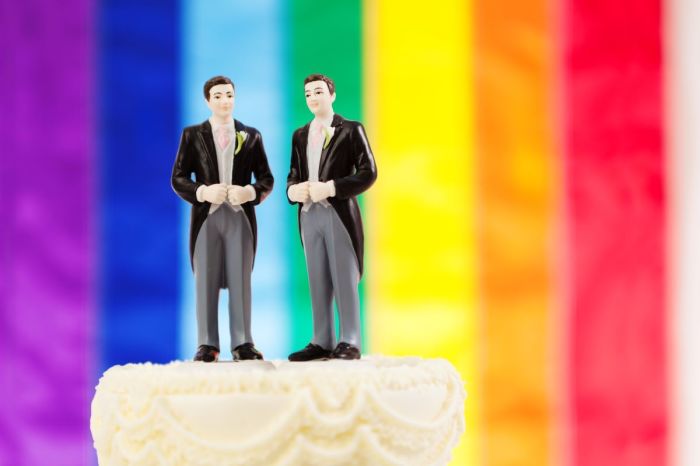
A federal judge has ordered Catholic Relief Services to pay $60,000 to a gay former employee after the Baltimore-based charity canceled health insurance coverage for his husband.
The decision stems from a lawsuit that questioned whether the church-affiliated organization could invoke a religious exemption to sidestep Maryland’s anti-discrimination law, which prohibits discrimination based on sexual orientation and gender identity.
U.S. District Judge Julie Rubin, a Biden appointee, issued the award last Monday. She ruled that Catholic Relief Services — the official international humanitarian agency of the U.S. Catholic Church — was not exempted from the Maryland Fair Employment Practices Act when it withdrew spousal benefits from the employee, identified in court filings as John Doe.
Rubin found that the exemption available to religious bodies did not apply because Doe’s information-technology roles did not directly advance the organization’s core religious mission.
“The court concludes by a preponderance of evidence that Doe did not directly further a CRS core mission in any of his five positions held during his employment by CRS,” Robin wrote.
Doe filed the complaint in 2020, claiming the agency had assured him when he was hired that dependants, including same-sex spouses, would be covered. According to the lawsuit, the promise dissolved once the charity learned that both spouses were men, and the insurer canceled the policy covering Doe’s husband.
In 2022, U.S. District Judge Catherine C. Blake, a Clinton appointee, ruled for Doe under Title VII of the Civil Rights Act and the Federal Equal Pay Act, holding that religious organizations remain subject to federal employment discrimination statutes. After the Supreme Court of Maryland clarified how state courts should interpret the religious carve-out in Maryland law, Rubin re-examined the claim under the state statute and again sided with Doe.
Rubin concluded that MFEPA is neutral and generally applicable, adding that its prohibition on employment discrimination based on sexual orientation does not apply to a religious entity’s employment of an individual of a particular sexual orientation whose duties directly further a core mission. Because Doe’s tasks centered on maintaining computer systems rather than advancing Catholic doctrine, the agency could not rely on the exemption.
“Doe did not directly serve the poor and vulnerable overseas, solicit or secure funding for projects, or possess authority to determine how CRS would pursue its mission through its programs. Nor did Doe manage or supervise any employee with such responsibilities,” Robin wrote. “The trainings he conducted focused on how to use the Pipeline and Projects application, including inputting and accessing the data therein. The evidence is that from time to time, he may have been called upon to assist those who were responsible for undertaking actions that effect CRS’s goals; yet he was always one or more steps removed from taking action that effect CRS goals or that bear such responsibility.”
Catholic Relief Services told the media through a spokesperson that it is reviewing the ruling.
Rubin rejected the charity’s argument that enforcing MFEPA would infringe its First Amendment rights, determining that the law imposes no special burden on religious belief and applies evenly to all employers.
Catholic Relief Services, founded in 1943, employs more than 5,000 staff worldwide and provides disaster relief, development assistance and health programs in about 100 countries.
With the judgment entered, the parties have until early May to determine any further remedies or file post-trial motions. Court documents do not list punitive damages, and no injunctive relief has yet been ordered.
“I’m very happy with Judge Rubin’s ruling and am honored to be part of such a precedent-setting case that has helped clarify, for employers and employees alike, the legal protections Maryland law provides, especially for LGBTQ+ workers,” John Doe said in a statement shared by his attorneys.
“I truly hope that CRS will see this ruling as an opportunity to promote the human dignity of employees in same-sex marriages by providing them the same opportunities and benefits granted to their straight counterparts.”


















